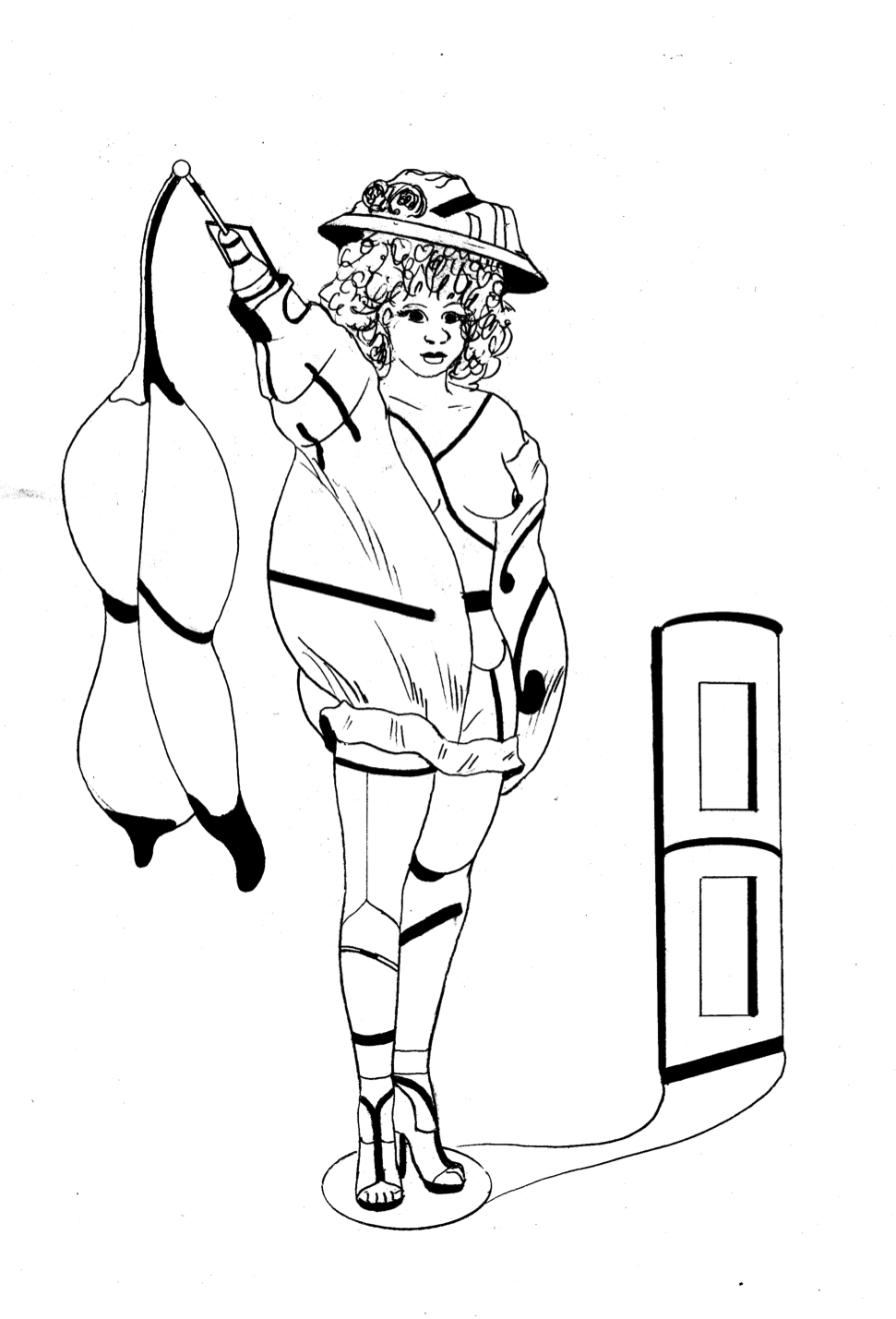René Daumal
Between two chairs
Translated by Mark Iosifescu
From La Nouvelle Revue Française N° 275 (August 1936)
I had sent the following letter to the Brussels review Hermès, which published a very interesting volume dedicated to the relationship between poetry and magic. Having turned and returned these two words onto all their faces, I had tried to engage all their highest and most useful meanings. At the same time, I gave the editorial board permission to publish my letter; but they didn’t use it because, as I was told, my “note didn’t respond to the object of this issue.” From which it can be judged, after reading my letter, just what world it is that Hermès situates its studies. A strange world, to me, where the discourse about an object is more important than the object itself; and this despite the presence, in this publication’s table of contents, of men for whom thinking is not merely a luxury. Should one speak about what one’s experienced, or should one speak to spare oneself the trouble of experiencing anything? This brings the nature and destiny of Western speculative thought into question.
Five or six years ago, I would have responded to your request with a few rather pathetic, rather well-documented, rather brilliant pages. I thought I knew these things well. Since then, I’ve found myself with my back to the wall and have vomited up my shabby semblance of knowledge. Now, I know that I’m so unfamiliar so as to be able to say nothing. To not know, to no longer recognize, with my backside between two chairs--tell me, is that a position from which to hold forth?
No, but it’s a favorable position from which to see what’s really important, to learn to keep quiet and work on relearning to speak. This already touches on your particular subject, and you see how it appears to me, from the not-so-comfortable position in which I find myself.
To start with, what is really important? I would have you too with your backs against a wall, and a knife at your throats, to see what it is you’d say right away. Don’t try to respond with words, it’s impossible. Then, with what matters being fixed, we’ll see what use we have for the magic of words and poetry. If you want to know what I’m going to say now, stop reading for one minute (I mean this literally) and during that minute, observe how and why the beginnings of responses and objections to my questions are forming in your mind.
Done? Let’s continue. It is therefore necessary to stick more clearly and simply to the center of one’s universe, and to do that--among other modes of cleaning up--to keep quiet. When I say “keeping quiet,” I mean more than ceasing to speak. When I say “the day,” I mean more than the absence of the night; I mean that the sun comes up.
And now, learn to speak again. Not the way we often mean by the word “magic”: to make it rain, or to make someone love you, or an enemy perish, or the listener start to cry, for all that barely differs from the power in the words you use to have your drinks brought out to you at the café; these are still techniques, more or less difficult, more or less banal, pursued merely as fine accessories. What word-magic can guide us to our nameless goal? Perhaps that expression is an excretion and--as excretion is the endpoint of digestion, and that which permits assimilation--to speak would be to empty oneself in order to be filled back up, which is to say keep quiet, and that the word and silence would alternate like night and day, under the perpetual gaze of their father the lone Sun. But the comparison between expression and excretion would end at the fact that the former is edible and at the fact that it leaves from above, being the crown of the experience. And how such flying crowns cap such phantom kings!
To write more would yield illusory chatter; doubly illusory, for to write is not to speak. Your subject is too close to me for me to hesitate to tell you: literary contact, through the medium of print, between collaborators or between author and reader, is of itself incomplete; there is an essential void, not only of mind, where something could stimulate the common work of coming to a resolution, as common a question to all as it is particular to each of us. I wouldn’t want to discourage you, even if I were so presumptuous as to believe myself capable of doing so; on the contrary. But guard yourselves against literature, guard yourselves against philosophy, guard yourselves against imaginary voyages, guard yourselves against the experiences of others, guard yourselves against that which engages with nothing, with nothing essential. And remember that one puts his body in motion not by means of an anatomy treatise, but by the desire for movement and a vision of the goal; thus for expression. And that one perceives a sound not by means of another sound, but by hearing, itself; and finally that one recognizes expression not by means of words, but by silence.

